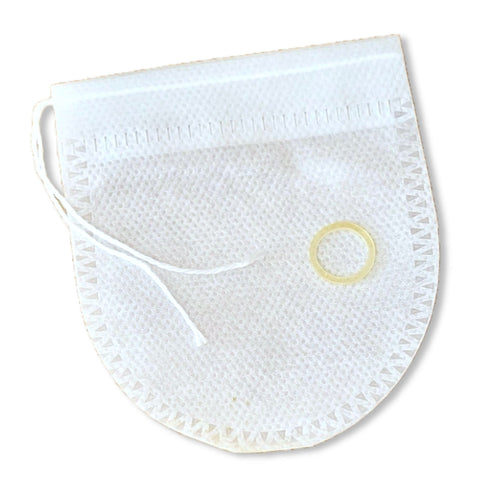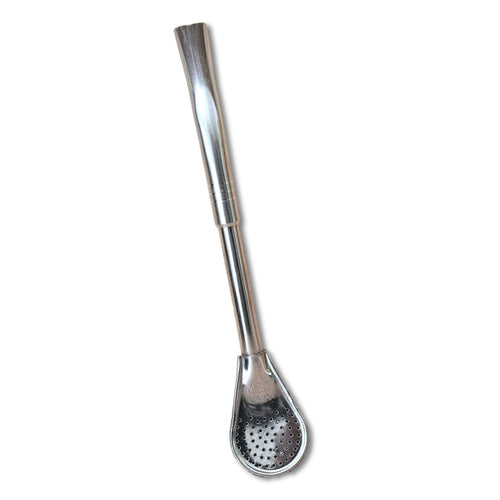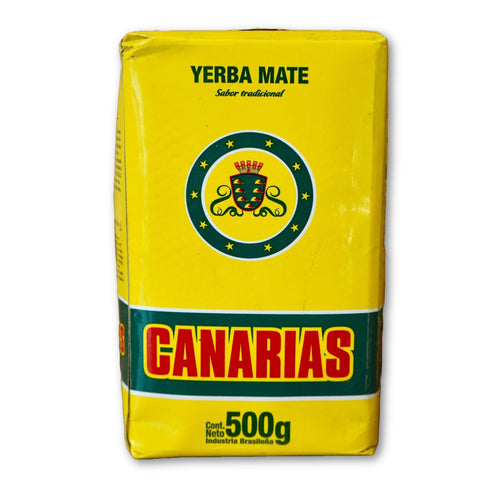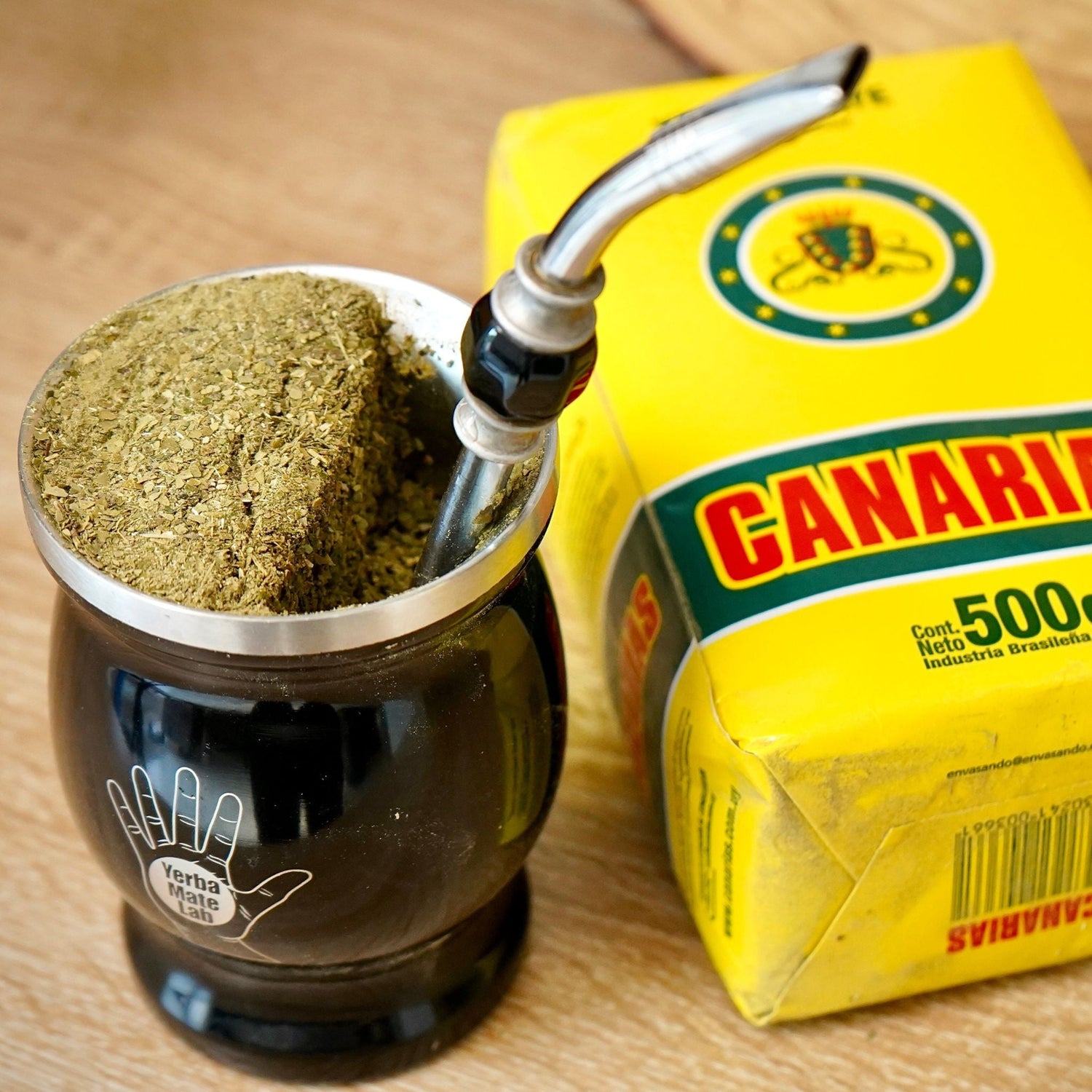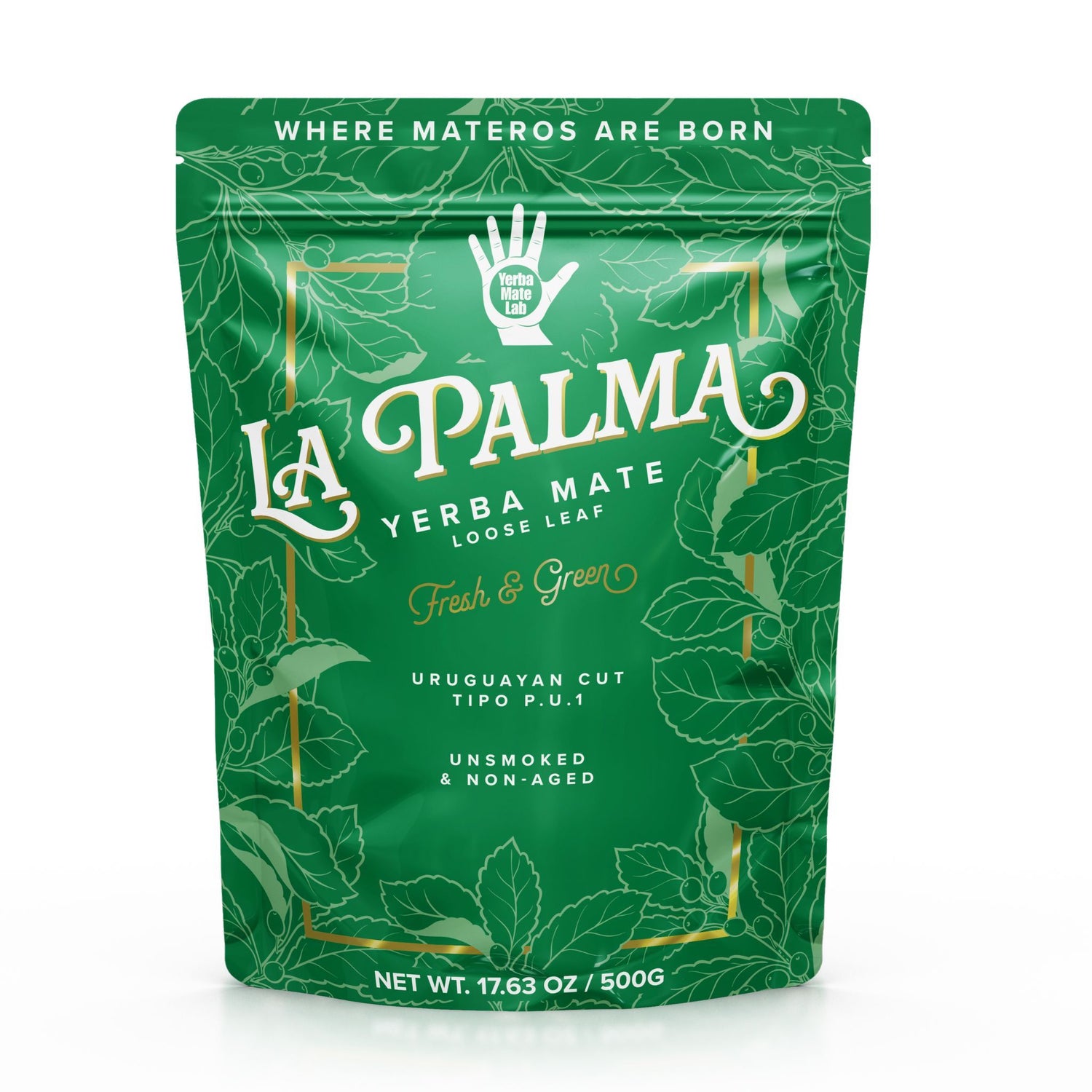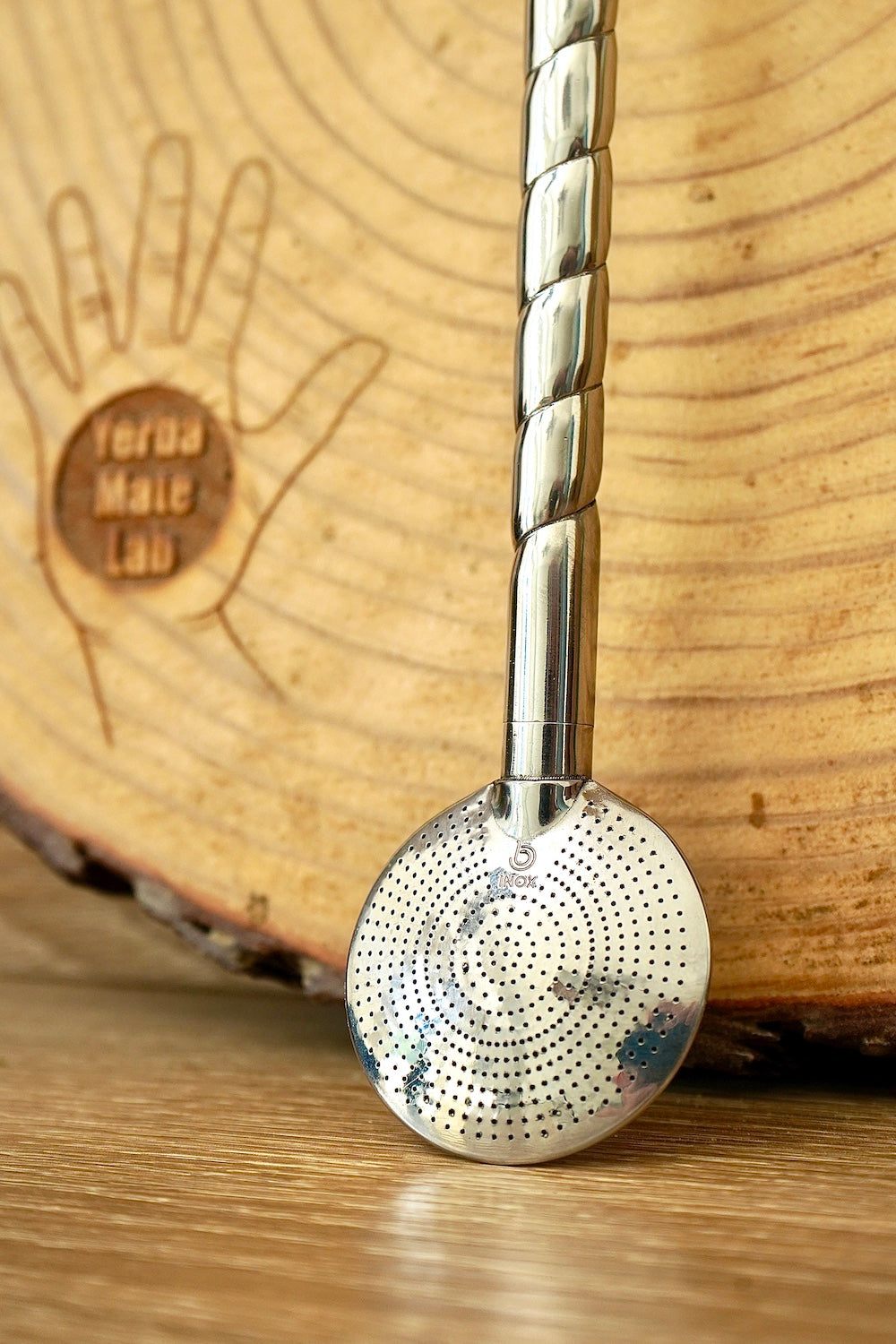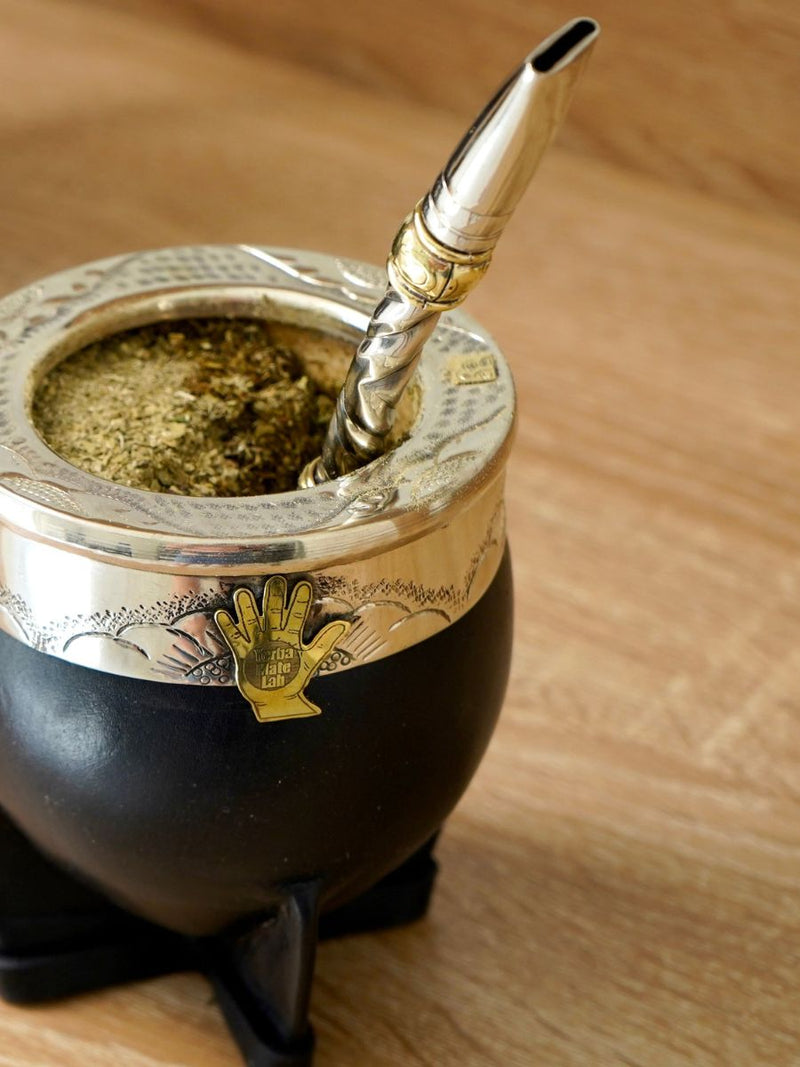A few years ago, I completely ditched my morning cup of coffee and replaced it with a gourd of yerba mate. And the best part? I haven’t looked back since. Fast forward to today, and I feel more focused, more relaxed, and have a much better sense of well-being (more on this later).
Coffee has always been the go-to source of caffeine. But should it?
Despite yerba mate not being as popular, it hosts a myriad of benefits that makes coffee feel like old news.
You see: yerba mate interacts with your mind and body a lot differently than coffee.
And this isn’t just hearsay.
There are several other stimulatory compounds that put yerba mate on top.
In this post, we’re going to take a closer look at the differences between yerba mate and coffee regarding caffeine content, health benefits, chemical composition, and more.
But first, a quick disclaimer:
More studies have been performed around coffee than yerba mate. Coffee was (and still is) one of the most popular drinks in the world. So we could be missing a lot on the yerba mate side of things. No worries though. The current studies on mate might still be enough to sway you on its side, and put down your morning cup of joe.
Yerba Mate VS Coffee
Before we get into the good stuff (caffeine content, nutrients, etc.) it’s best you first know what these two things even are. Coffee shouldn’t be new to you. But yerba mate, probably is.
Yerba mate is a species of the holly tree. Botanically called ilex paraguariensis. This plant is grown in regions of South America such as Argentina, Chile, Peru, Brazil, and Paraguay. And has been used as a beverage by ancient Indians ever since.
Coffee is from the coffea plant. Its seeds (coffee beans) are what we use to make the drink. These shrubs are native to tropical regions in Africa and Asia. And from there, is where everything coffee related started.
Obviously, this is only a small, small piece of the picture.
But I’m not going to run down the entire history of both plants in this post. I’m sure that’s not what you’re here for anyway.
So let’s get down to details…
Caffeine Content
We all know coffee has caffeine. But does mate tea have caffeine? In short, yes. However, there’s a bunch of confusion around this topic.
If you tried to learn just a bit about yerba mate, you’ll probably hear the term mateine. Which is a special kind of caffeine found only in yerba mate, at least that’s what one doctor says. But this hasn’t been proven true at all.
The so called mateine is just caffeine.
Nothing else.
And this term has falsely led many people to believe yerba mate to be some kind of supernatural plant. Although it comes close, it’s not because of mateine (we’ll get into what that is in a second).
Yerba mate, like coffee, both contain caffeine.
Coffee is at an average of 95mg, and yerba mate at 85mg per cup.
Pretty close to one another.
But let’s see what sets these two very much apart…
Chemical Compounds
This is where yerba mate takes the lead. Both coffee and yerba mate contain similar (and different) chemical compounds. This includes antioxidants, polyphenols, xanthines, and the like.
We won’t be focusing on all of them. That would be too long.
What we will take into account are the things that makes them so different.
And that is:
- Theobromine
- Theophylline
These two compounds are responsible for the distinct stimulating effects found in yerba mate.
Theobromine, also found in chocolate, is a vasilodator. This means it dilates your blood vessels, and as a result, reduces blood pressure. It also helps treat asthma by relaxing smooth muscles in the bronchi. Theophylline, also found in other teas, has similar effects. This too, relaxes bronchial smooth muscle, as well as treats asthma.
With theobromine and theophylline, working in conjunction with caffeine, that’s where you get the energy and focus from yerba mate, without experiencing the hyper jitteriness associated with coffee.
Of course, that’s not the only things responsible for it though. Yerba mate also contains several other antioxidants, flavanols, and saponins. Just like coffee contains hundreds of different chemicals that will be way too long to list here.
Effects (Good & Bad)
Things get tricky here. When you first hear about yerba mate, one of the first things you hear is the stimulating effects are nothing like that of coffee. Namely, the jitters and crash.
But this is highly dependent between individuals. Some don’t get the jitters and crash coffee is known for, while some do. And some might get hyper from drinking yerba mate although many people say they don’t.
It’s different for everyone.
Personally, with yerba mate, I get the same energy from a cup of coffee. The only notable difference is my focus. I can sit down and concentrate better when I sip from my gourd. But contrary to popular opinion, I get jitters from yerba mate from time to time like I do with coffee.
And the caffeine crash?
I’ve never experienced it before. Hard to believe because it’s so common. But I’ve never felt tired or hungover after drinking yerba mate or coffee. So I can’t really say much about which induces a crash. But if you take proper precautions in preventing one, neither should be a problem.
A crash isn’t exclusive to one drink. It’s dependent on your body’s overall state beforehand.
Lastly, many are afraid yerba mate causes cancer. But the final conclusion isn’t clear, as the study conducted was skewed by already sick patients as well as smokers and drinkers. What’s clear is drinking any beverage (coffee or tea) at extremely hot temperatures can increase oesophageal and oral cancer.
Health Benefits
The section you’ve all been waiting for. Which is healthier?
This is hard to decide because like I said earlier, there’s just more research done on coffee versus yerba mate.
And here’s one study that might tell you all you need to know about coffee:
Our findings suggest that drinking four cups of coffee each day can be part of a healthy diet in healthy people
Here’s another study that came to the same conclusion:
Significant inverse associations were observed between coffee consumption and deaths due to cardiovascular disease, neurological diseases, and suicide. No significant association between coffee consumption and total cancer mortality was found.
How about yerba mate?
I’ve wrote about its health benefits before. So I won’t repeat them here. But I think it’s enough to know that yerba mate is an abundant source of up to 24 vitamins and minerals, 15 amino acids, saponins, polyphenols, and more. All of which is evidently beneficial to overall health.
Final Words
So what’s the final verdict? Yerba mate or coffee?
Although they have their own downsides, these two plants are both full of healthy nutrients and have shown to be beneficial in improving your overall well-being.
The real question then, is which one is best for you?
If you don’t have a good experience drinking coffee, then maybe trying yerba mate might be a good alternative. And vice versa. If yerba mate isn’t doing any good for you, then move to coffee.
And of course, if neither are working for you, then avoid them both.
Personally, because I don’t experience any immediate side effects from either drinks, I consume both. However, I must admit, I do like the taste of coffee better than yerba mate. Yerba mate can be harsh for a beginner, but once you get used to it, it tastes amazing.
P.S. All information in this post does not substitute professional medical advice. Please consult your health physician before consuming these drinks.
P.P.S. If you enjoyed this post, you might also want to check out our shop to get started on your yerba mate journey.

